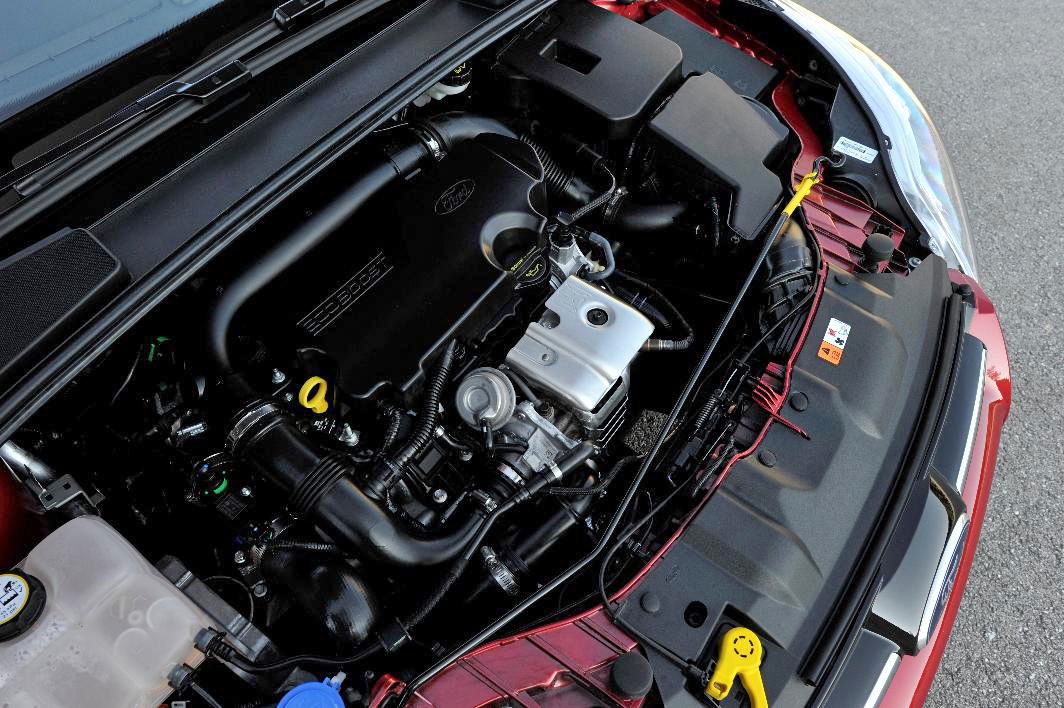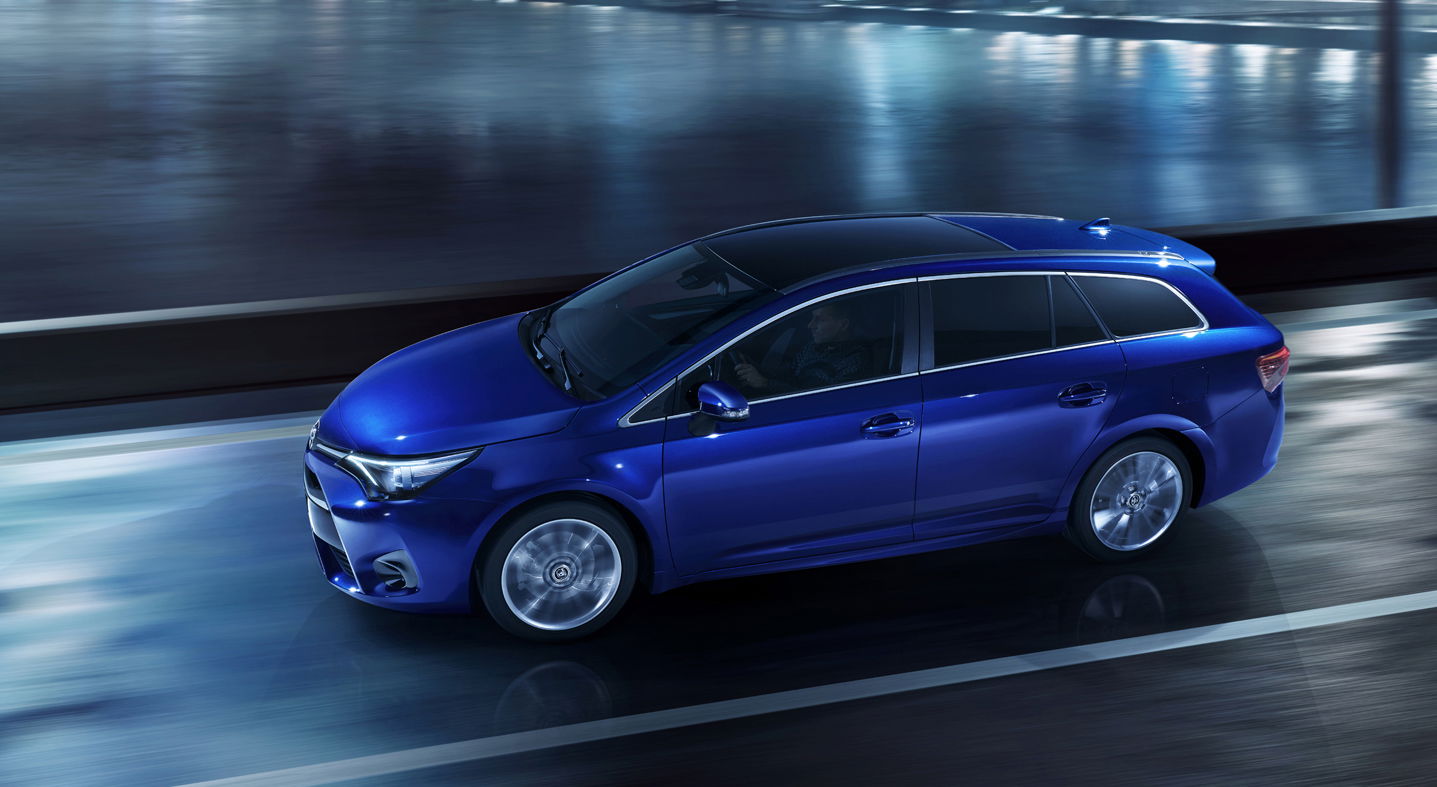Car Makers Are Finally Admitting That Downsizing Was A Stupid Waste Of Time And Money

As egg-on-face moments go, the industry-wide realisation that downsizing engines was actually a really stupid idea should be a big one, but it’s being swept under the marketing rug.
The fact is that those of us who always said that it was idiotic to stick tiny turbocharged engines in anything bigger than a shoe were right. Car makers are beginning to raise the CC count again in the wake of studies proving that real-world fuel consumption in newer engines is getting worse and that actual emissions levels are about as close to the official stats as tofu is to bacon.
There are companies that never really bothered with downsizing in the first place, like Lotus. Fair play. Mazda thought about it, did the maths and worked out it was a stupid idea, hanging on to its 2.0-litre petrol and 2.2-litre diesel engines but smashing everyone else’s real-world efficiency figures at the same time.

For most other firms, though, downsizing became a main pillar of their business models. It’s everywhere, from Ford’s dinky 1.0-litre EcoBoost rattling around the engine bays of everything from the Fiesta to the Mondeo, to Mercedes’ decision to ditch its glorious n/a V8s for turbo’d V6 and V8 replacements.
All of it was stupid, unnecessary and at least a partial waste of R&D budgets. The same Mercedes that binned most of its V8s in the name of efficiency and cut back the number of six-cylinder models to the bare minimum is now moving back towards six-pots and higher capacities. Volkswagen has replaced its 1.4-litre petrol with a 1.5. Upsizing is now becoming the engineering solution de rigueur, not that engineers, marketeers or anyone else on that side of the fence wants to shout about it yet, for fear of looking a bit daft over the colossal waste of resources that was downsizing in the first place.

At its origin the problem was, as usual, political. The EU parliament, in its infinite wisdom, decided that cars needed to be cleaner and imposed a series of ever-stricter restrictions on carbon and particulate emissions without really understanding the way internal combustion works.
Physics says that the amount of energy needed to move a car in any given scenario where all variables are constant stays the same. Therefore two engines, one downsized and turbocharged and the other larger in capacity but normally aspirated, need to produce the same amount of energy to move the fictional car, burning the same amount of fuel. The only way to use less fuel from a non-hybrid IC engine is to increase its thermal efficiency, so it can extract more energy from each combustion cycle.

Sure, there have been improvements there, but not enough to offset the fact that when you turbocharge an engine the driver ends up hoofing it everywhere because the acceleration comes easier, thus raising emissions and lowering fuel economy. Everyone loves torque, but try explaining that to the EU lawmakers. No one drives like the farcical NEDC test cycle, either, but again, try explaining that to Brussels.
Surely it should always have been a matter of common sense. Consider motorway cruising and take the humble Toyota Avensis, a super-comfy repmobile for people whose companies won’t pay for a 3-series. Not very CT, perhaps, but it illustrates the point. These days you get a 1.6-litre diesel that has to work hard to hold a steady 80mph, and don’t even think about an overtake without shifting down a couple of cogs. Wind the clock back a few years and you had a 2.2 that was as chilled at 80mph as a dog in a bean bag, and you could leave it in high gears even when dragging past someone. In my experience the under-stressed old 2.2 gets better fuel economy.
Downsizing was and is pointless. The claimed real-world benefits just aren’t there, and manufacturers are at long last quietly admitting it. Now, if we could all forget about it and move on to bigger and better things, that’d be great.







Comments
Does this mean a return of the AMG 6.2?
Couldn’t agree more. My mk7 golf 1.6 tdi does the same mpg as my 10 year old BMW 320d but with less weight and 50bhp less! Go figure…
Oh man but I like the M4 6 in line :(
The problem is that almost all non-car guys I talk to think that litres mean everything. They think that a 3-litre engine is 50% more powerful than a 2-litre engine, and will use 50% more fuel. So the ignorant majority of the population (which is probably the group that law enforcers belong to) will think the cars are getting less efficient now.
I have a very hard time telling them that Formula One cars have 1.6 litres, or that 435hp and 1340hp 5-litre V8s can co-exist.
There was one real benefit, More turbo development, that has dripped down to the aftermarked, where we don’t remove CC, we just add the turbo. so better spoolup for me! Yay :D
GIVE ME BACK MY 6.2 N/A V8 please and thank you :)
If it’s a lie, bring back the big blocks and the high revving supercar engines!
Wasn’t that just common sense all the time.. How to really increase fuel efficiency: make slick low drag cars (could remove the side mirrors and replace with cameras) ( could try to make the entire outside of the car the cooling surface for the engine, reducing need for big intakes) , slim down car weight, slim down electric extras that draw energy, increase actual efficiency by getting optimal thermal efficiency .. fx add this water injection stuff, … What really would help tremendously, would be to invest in proper infrastructure so we get less traffic jams and speed up the millions of construction sites that have been around on the autobahn for ages now. I get like 6l / 100km on the autobahn if i try but then there comes the huge endless traffic jam where the slow 1st gear stop and go gets me 12 liters and more. and voila, efficiency ruined. Going constantly 170km/h would be a lot more efficient than going 140 for 5hour and then going 1kmh for 3 hours.
Took them long enough. Lol.
So you are telling me its ok for automakers to build cars and trucks that screw with the environment by putting no limits on co2 levels and fuel efficiency… Because obviously climate change is a hoax … btw this is just in reference to you saying eu was stupid to put those restrictions in place… I dont disagree with ur downszing argument..
Pagination